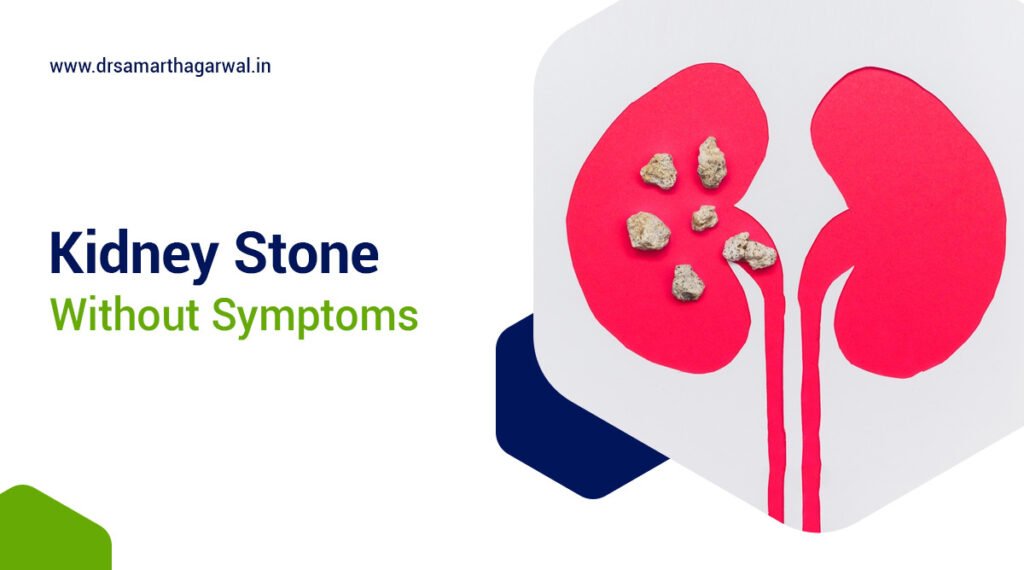Benign kidney tumors, also known as renal adenomas, are non-cancerous growths that develop in the kidney. They do not spread to other parts of the body like cancerous tumors, but they may cause complications and need to be monitored or treated.
The symptoms of benign kidney tumors are often not present, and the tumors are usually discovered during imaging tests done for other reasons.
The causes of benign kidney tumors are not fully understood, but they are believed to be related to aging, genetics, and hormonal imbalances. Treatment options for benign kidney tumors include monitoring, observation, and surgical removal, depending on the size and location of the tumor, as well as the patient’s overall health.
Should a benign kidney tumor be removed?
Benign kidney tumors are non-cancerous growths in the kidney and are usually discovered during imaging tests performed for other reasons. They may grow slowly or remain stationary, and some may not require any treatment. However, if the tumor starts causing symptoms or grows large enough to obstruct the kidney or urinary tract, it’s often recommended to have it removed.
The removal methods depend on the size, location, and specific type of the tumor. Small and slow-growing tumors can often be removed using minimally invasive techniques such as laparoscopic surgery, where small incisions are made in the abdomen, and specialized tools are used to remove the tumor. If the tumor is larger, located in a difficult-to-reach location, or has a high risk of complications, open surgery (radical nephrectomy) may be necessary.
In some cases, benign tumors can cause health difficulties such as pain, blood in the urine, or high blood pressure, and removal may be recommended even if the tumor is not growing rapidly. It’s essential to follow the advice of a healthcare professional, as each case is unique, and the optimal treatment approach will depend on various factors.
It’s also crucial to discuss any concerns with a doctor if there are any signs or symptoms associated with a kidney tumor or if there is a family history of kidney disease or other hereditary conditions. Regular medical check-ups and screenings can help early detection and treatment of kidney tumors, increasing the chances of successful removal and improving overall health outcomes.
Some factors that may increase the risk of developing a benign kidney tumor include smoking, excessive alcohol consumption, family history of polycystic kidney disease, obesity, exposure to certain chemicals and medications, and prolonged use of certain medications like antihypertensive drugs. If you have any of these risk factors, it’s essential to discuss them with your healthcare provider and take appropriate precautions.
At What Stage Does Kidney Cancer Spread
Can you live with a benign kidney tumor?
Yes, you can live with a benign kidney tumor. Benign kidney tumors are not cancerous and generally do not spread to other parts of the body. They are usually slow-growing and may not require treatment.
Do benign kidney tumors cause symptoms?
Explore the symptoms, types, and potential causes of kidney tumors, and understand how these abnormal growths may affect your health. Learn about common symptoms such as blood in the urine, persistent flank pain, and unintentional weight loss, and discover the different types of kidney tumors such as renal adenoma, angiomyolipoma, and renal schwannoma. Gain insight into potential risk factors that may contribute to the development of kidney tumors.
- Hematuria (blood in urine): This is the most common symptom.
- Flank pain between the ribs and hips: Persistent pain that does not go away.
- Low back pain on one side (not caused by injury): This is a less common symptom but can occur.
- Loss of appetite: Decreased appetite is often noted in individuals with kidney tumors.
- Weight loss not caused by dieting: Unintentional weight loss can be a symptom of kidney tumors, especially if they are large.
- Fever not caused by an infection: Fever can occur, but it is less common and may indicate the presence of a more aggressive tumor.
- Anemia (low red blood cell count): Kidney tumors can cause anemia due to blood loss into the urine or production of abnormal hormones.
How fast do benign kidney tumors grow?
Benign kidney tumors grow slowly. The average grorate is about 0.3 centimeters per year. However, growth rates can vary.
What are the Types of Kidney Tumors?
- Renal adenoma
- Renal oncocytoma
- Angiomyolipoma
- Fibroma
- Lipoma
- Reninoma
- Renal schwannoma
- Renal hemangioma
How serious is a benign kidney tumor?
A benign kidney tumor is generally not serious. They are non-cancerous and do not typically spread to other parts of the body. However, some benign kidney tumors can grow large and cause complications, such as bleeding or pain.
Can kidney tumor be cured without surgery?
Yes, treatment with drugs and ablation procedures can be considered alternatives to surgery for people with small kidney tumors, especially in some cases of advanced kidney cancer that has spread to other parts of the body. While no alternative medicine therapies have been proved to cure kidney cancer, some integrative treatments can be combined with standard treatments. For most kidney tumors and kidney cancer, surgery remains the primary cure.
Can a benign kidney tumor become malignant?
While most benign kidney tumors do not transform into malignant ones, there is a small chance (up to 20%) for benign tumors ≤4 cm to be found malignant at the time of surgical excision, indicating a concern for overtreatment. However, the risk of malignancy increases with the size of the tumor, with larger masses being more likely to be cancerous.

Contact Dr. Samarth Agarwal if you have any questions or concerns about your Urinary health!





